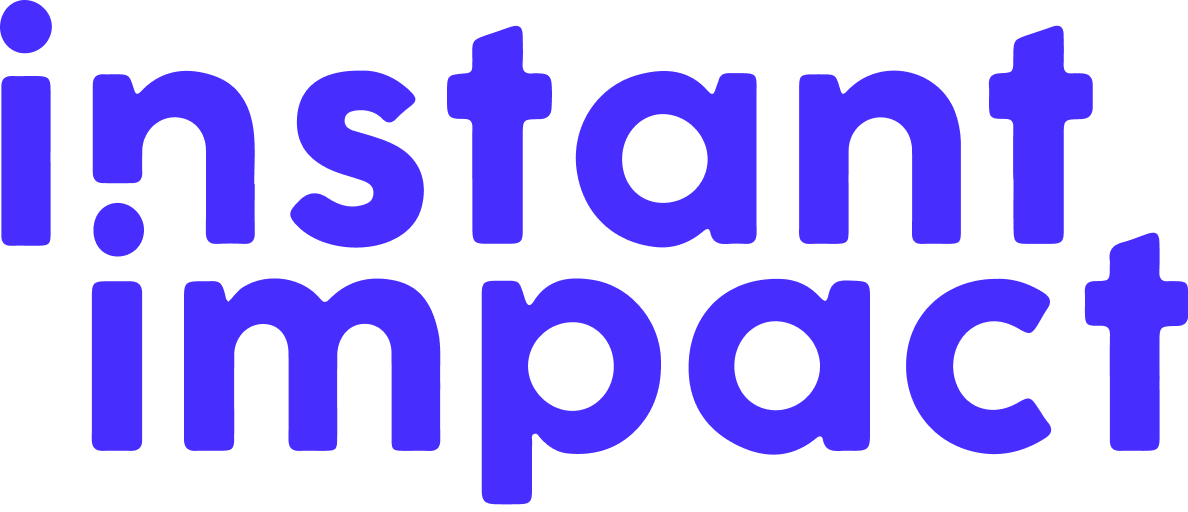Following on from his article on How much does candidate experience really matter, we asked one of our Talent Directors – Robin Maitland – for his top tips on how small, medium, and scaling businesses can create a better candidate experience without breaking the bank.
1. Start all hiring processes with a purpose
Why are you hiring for this position? What do you really need in the role? How can you identify the right person?
Don't just repeat what you've done before. Learn from your previous recruitment cycles and enter each process with a clear focus. Not all roles should follow the same steps. They often need to be slightly adapted to better engage different types of candidates.
2. Think from the candidate's perspective
What steps will candidates take before applying? What touchpoints do they have with your business before they hit the apply button? What do they need to know or want to know about your company? How can you remove any potential barriers to success?
Start by ensuring your career page or website (shop window) positions you as an organisation the candidate wants to work for. Make it easy to imagine what it’s like working for your company — whether that’s including a team page showcasing your current team or highlighting benefits and team culture on your website.
Also, aim to provide a simple application process. One that minimises the number of clicks or steps required to apply. Candidates shouldn’t be confused about how to apply or feel overwhelmed by the amount of information required from them.
3. Aim for clarity and efficiency
Write clear job descriptions detailing what you need from the suitable candidates and what they’ll get from you. Be realistic in your expectations, and only include a requirement if it's actually needed to do the job. Remember, many skills are transferable.
It’s then important to have a defined interview process designed to assess what you need in as few steps as possible.
4. Be prepared and provide a fair challenge
Ensure your interview teams and panels are well briefed. They need to know what they're asking, why they're asking it, and what good looks like in an answer.
You sell yourselves and your company through all of these interactions — everything you do or don't do plays a role in the candidate’s decision.
Ensure you're providing a challenging but fair process. If a process is too easy, great candidates might not feel like your company provides an environment in which they’ll learn and grow.
5. Be responsive, honest, and keep your promises
A usual area of frustration with recruitment and recruiters is the lack of response or management of expectations. Ensure you aren’t feeding into this stereotype by being responsive and honest. If someone isn't suitable, or you go with a different candidate, let them know. Give them clear feedback as to why the decision was made and what they could have done differently.
6. Use technology where it’s best suited
Recruitment technology can be used to speed up processes, improve candidate experience, and provide much needed data, but don’t use it to remove touchpoints where human interaction is best.
Use tools to reduce monotonous admin tasks and give candidates easy and varied ways of applying. But ensure that candidates can still talk to a recruiter at some point early in the process. The best way to sell your business at this stage is to have a passionate recruitment professional do so.
7. Capture & analyse data
Be curious in analysing what you’re doing, why you’re doing it, and where you can improve. Survey your candidates — both successful and unsuccessful. What was their experience? What could you be doing better? What should you change or iterate?
Then action your findings. There’s no use capturing all this information about your recruitment process and not using it to improve.
The hiring process is a two-way experience
It’s easy to think that the hiring process is all about candidates proving why they’re a good fit for your company. Sure, that does play a key role, but it’s also about your company proving why you’re a good fit for the candidate. It’s a two-way relationship, and everyone needs to be happy — otherwise, it’s just not going to work out in the long run.
Other content you might like:
6 tips for maintaining company culture in hybrid work environments






